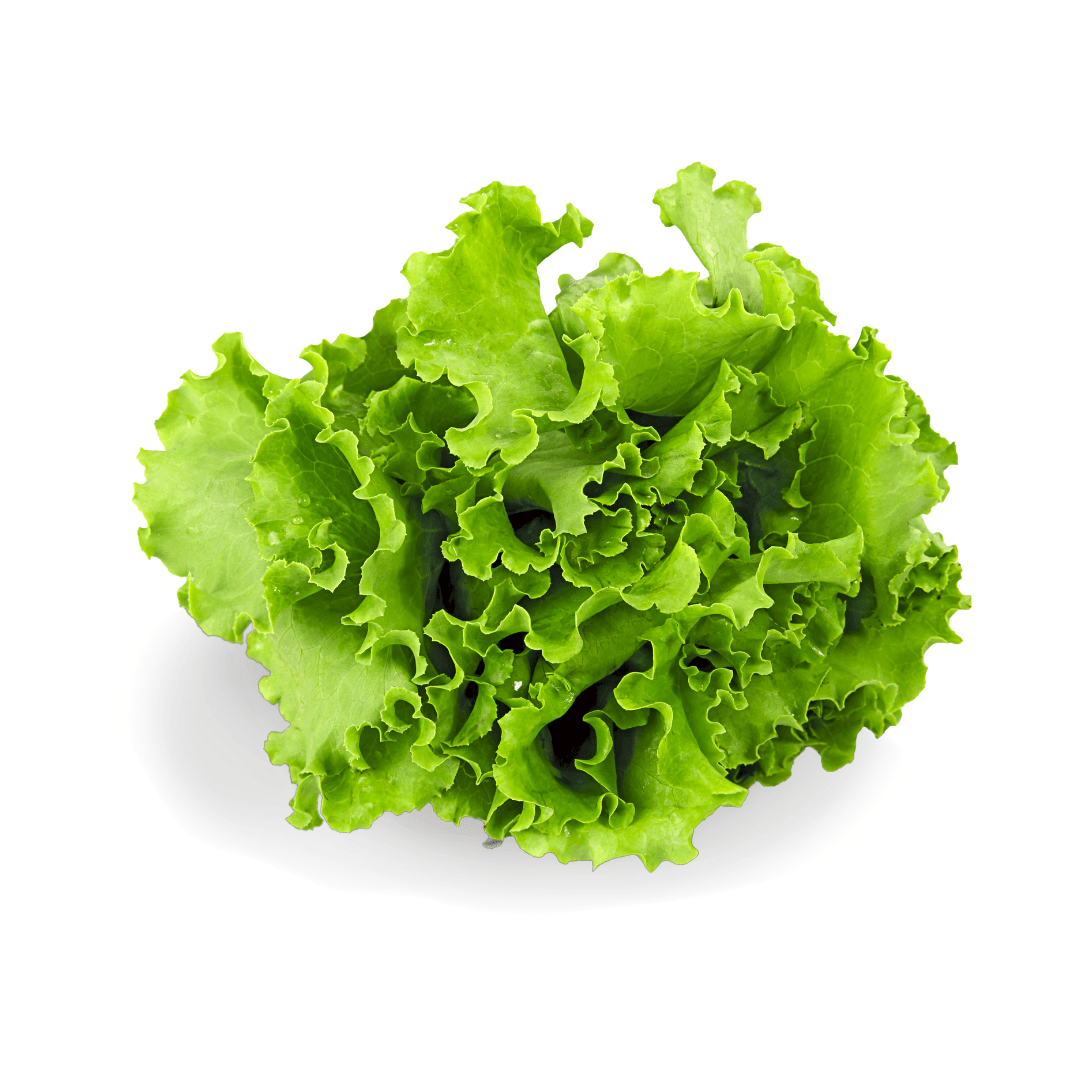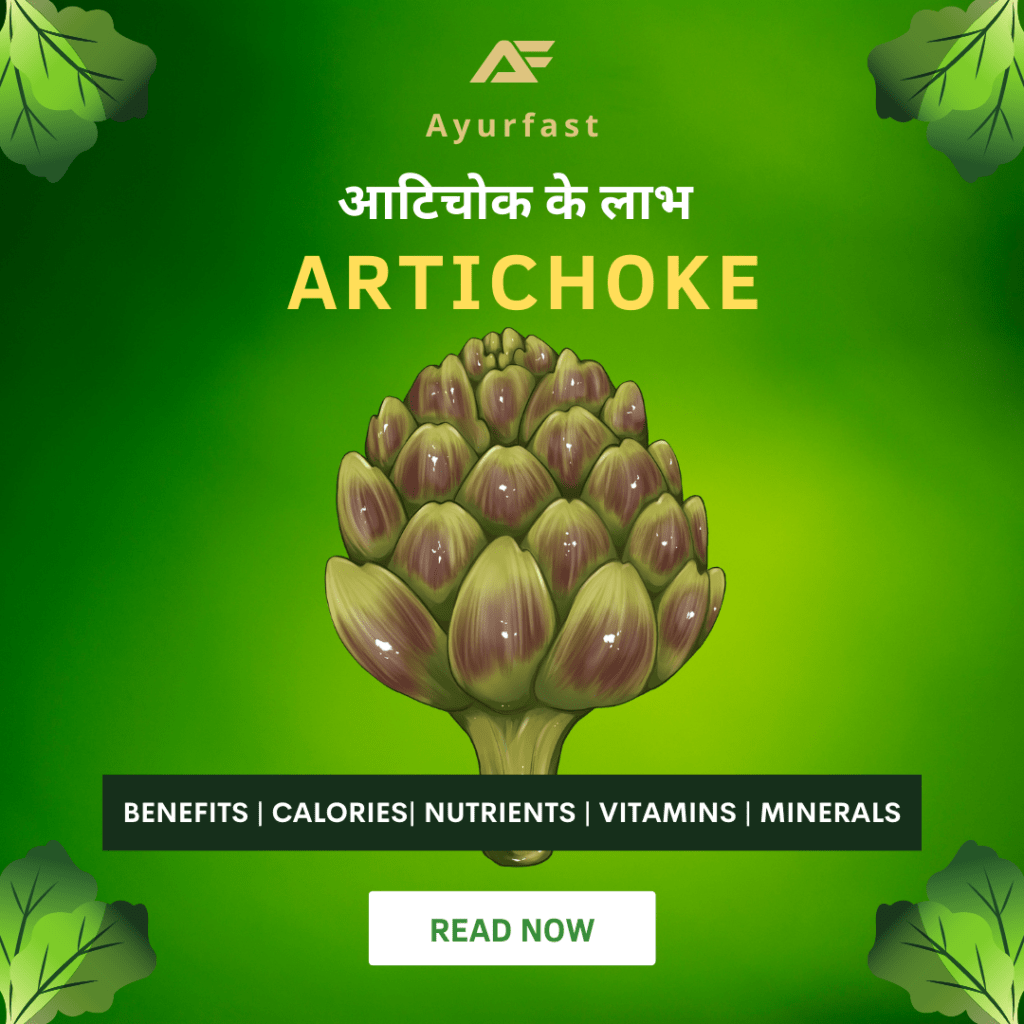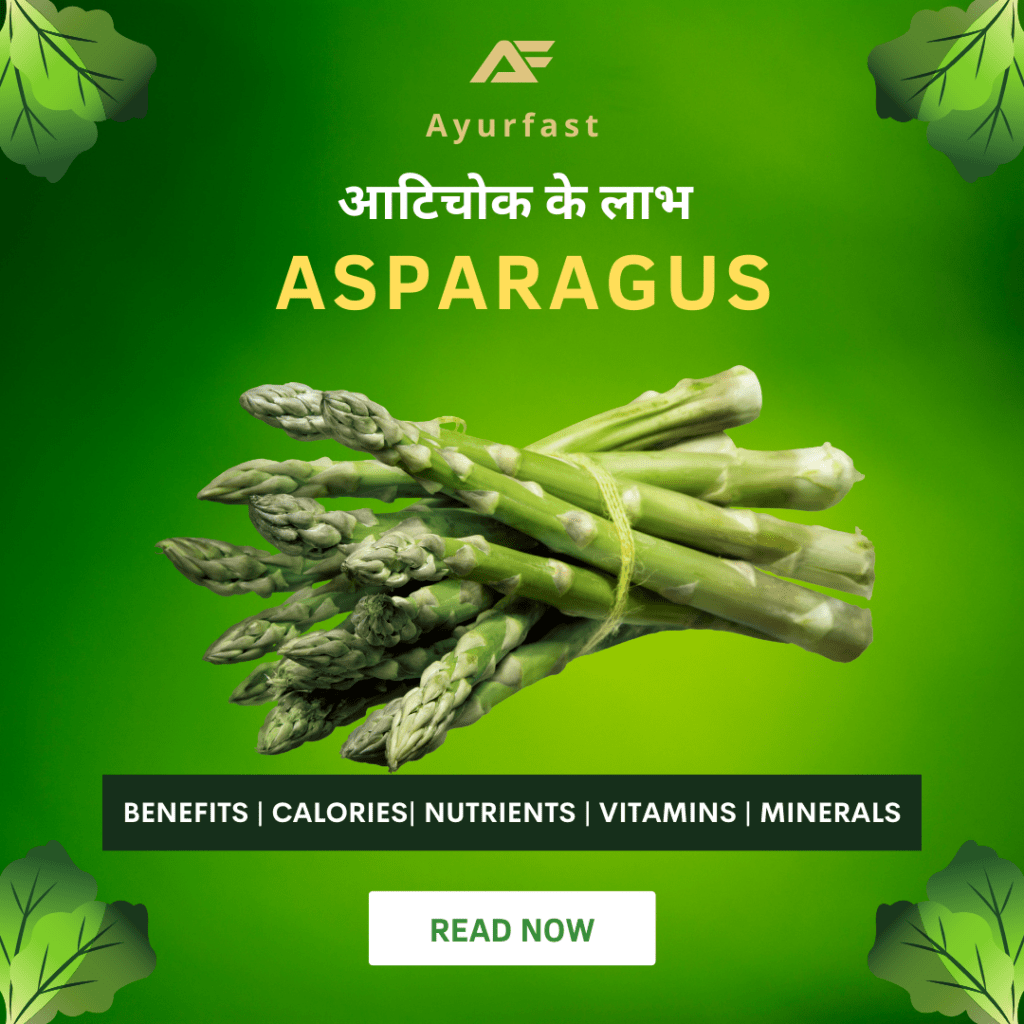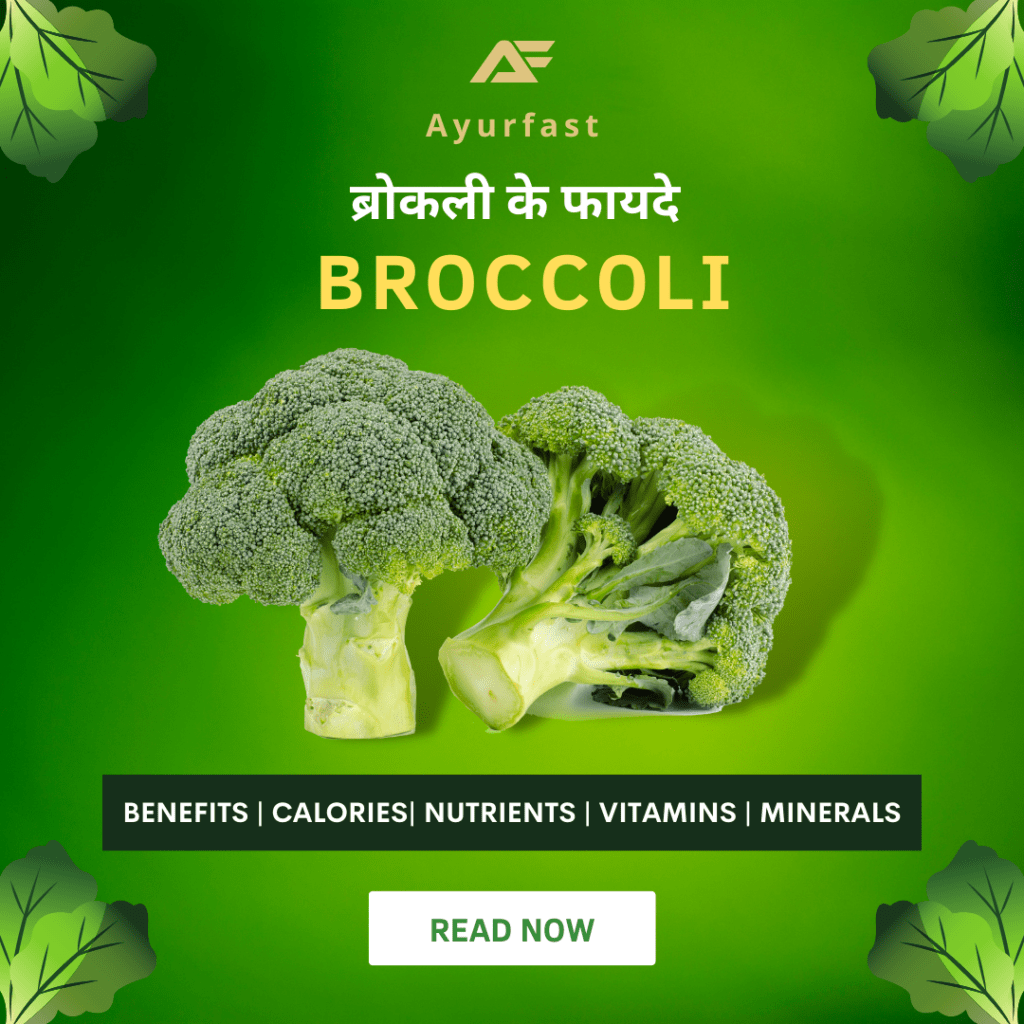About
Lettuce is a leafy green vegetable that is widely consumed across the globe. It is known for its crisp texture and refreshing taste, and it is used in salads, sandwiches, and other dishes. Lettuce belongs to the daisy family and is scientifically known as Lactuca sativa.
Health benefits of lettuce:
-
Rich in antioxidants: Lettuce is a good source of antioxidants like beta-carotene and vitamin C, which help protect the body against damage from harmful molecules called free radicals.
-
Low in calories: Lettuce is very low in calories, making it an ideal food for people trying to lose weight.
-
High in fiber: Lettuce contains fiber, which promotes digestive health and can help reduce the risk of certain diseases like heart disease and type 2 diabetes.
-
Supports eye health: Lettuce is a good source of vitamin A, which is essential for maintaining healthy vision.
-
May lower inflammation: Some studies suggest that lettuce may have anti-inflammatory properties, which can help reduce the risk of chronic diseases like arthritis and certain cancers.
List of diseases that can be cured by lettuce:
While lettuce cannot cure diseases, its nutritional properties may help reduce the risk of certain diseases. Eating lettuce regularly may help reduce the risk of:
- Heart disease
- Type 2 diabetes
- Obesity
- Certain cancers
Energy and Macronutrients found in lettuce per 50-gram serving:
| Nutrient | Amount |
|---|---|
| Calories | 5 |
| Carbohydrates | 1 g |
| Protein | 0.5 g |
| Fat | 0 g |
| Fiber | 0.5 g |
| Water Content | 49 g |
Vitamins found in lettuce per 50-gram serving:
| Vitamin | Amount |
|---|---|
| Vitamin A | 361 mcg |
| Vitamin B1 | 0.02 mg |
| Vitamin B2 | 0.03 mg |
| Vitamin B3 | 0.18 mg |
| Vitamin B6 | 0.03 mg |
| Vitamin B12 | 0 mcg |
| Vitamin C | 4.5 mg |
| Vitamin D | 0 mcg |
| Vitamin E | 0.11 mg |
| Vitamin K | 34 mcg |
| Folate | 20 mcg |
| Biotin | 0.2 mcg |
Minerals found in lettuce per 50-gram serving:
| Mineral | Amount |
|---|---|
| Calcium | 12 mg |
| Iron | 0.2 mg |
| Iodine | 0 mcg |
| Zinc | 0.1 mg |
| Magnesium | 4 mg |
| Phosphorus | 12 mg |
| Potassium | 141 mg |
| Sodium | 5 mg |
| Chloride | 16 mg |
| Copper | 0.02 mg |
| Chromium | 0 mcg |
| Fluoride | 0 mcg |
| Molybdenum | 1 mcg |
| Manganese | 0.08 mg |
| Selenium | 0.1 mcg |
What are the health benefits of Lettuce?
Lettuce offers numerous health benefits, including hydration, low calorie content, dietary fiber, vitamins, minerals, and antioxidants that support digestion, weight management, and overall well-being.
Is Lettuce good for weight loss?
Yes, Lettuce is low in calories and high in fiber, making it a great addition to a weight loss diet. It provides satiety while being nutritious.
Does Lettuce help with digestion?
Lettuce contains dietary fiber, which aids in digestion and promotes regular bowel movements. It can help prevent constipation and maintain a healthy digestive system.
What vitamins are in Lettuce?
Lettuce is a good source of vitamins A, C, and K, as well as folate. These vitamins contribute to eye health, immune function, and blood clotting.
Can Lettuce lower cholesterol?
Lettuce is low in saturated fat and cholesterol, making it a heart-healthy choice. Its high fiber content may also help reduce cholesterol levels.
How to grow Lettuce plants?
Lettuce can be grown from seeds or seedlings in well-drained soil and partial shade. It requires regular watering and can be harvested in as little as 30-60 days.
How to prevent Lettuce diseases?
To prevent Lettuce diseases, ensure proper spacing between plants, provide adequate air circulation, practice crop rotation, and avoid overwatering. Removing infected plants promptly is also crucial.
Is Lettuce safe for kids to eat?
Yes, Lettuce is generally safe for kids to eat. However, it's important to wash it thoroughly and remove any tough stems or leaves to prevent choking hazards.
What are the nutrients in Lettuce?
Lettuce is rich in water, fiber, vitamins (A, C, K), minerals (calcium, potassium, iron), and antioxidants. It is a nutritious addition to a balanced diet.
How to store Lettuce properly?
To store Lettuce, remove any damaged leaves, wrap it loosely in a damp paper towel, and place it in a perforated plastic bag in the refrigerator. Use it within a week for optimal freshness.
re there any side effects of Lettuce consumption?
lettuce is generally safe to consume. However, some individuals may experience allergies or digestive issues. If you have specific concerns, it's best to consult a healthcare professional.
Can Lettuce improve skin health?
Lettuce contains antioxidants and vitamins that promote healthy skin. Its hydrating properties can also contribute to a youthful complexion.
Does Lettuce help with hair growth?
While Lettuce is not specifically known for promoting hair growth, its nutritional content, including vitamins and minerals, contributes to overall hair health.
Is Lettuce beneficial for heart health?
Lettuce is low in calories, high in fiber, and contains heart-healthy nutrients like potassium and folate. Consuming Lettuce as part of a balanced diet can support heart health.
How does Lettuce support the immune system?
Lettuce contains vitamins A and C, which play essential roles in supporting the immune system and protecting the body against infections and illnesses.
Can Lettuce be included in a diabetic diet?
Yes, Lettuce is low in carbohydrates and has a low glycemic index, making it suitable for a diabetic diet. However, it's important to consider individual dietary needs and consult with a healthcare professional.
What are the culinary uses of Lettuce?
Lettuce is commonly used in salads, sandwiches, wraps, tacos, and as a garnish. It adds freshness, crunch, and nutrition to various dishes.









